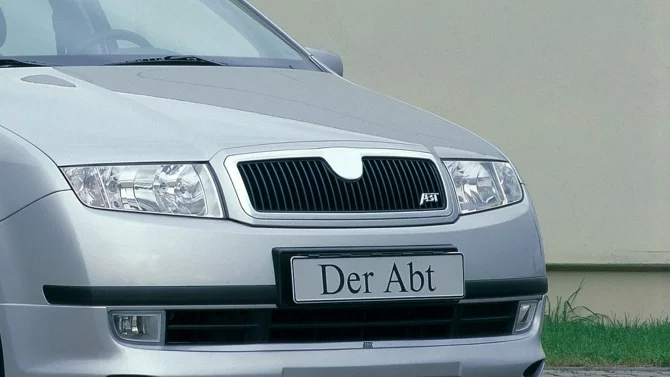...
By Marek Petrus
PRAGUE, July 25 (Reuters) - Speculative interest drove Czech 2009 power prices above German benchmarks on the first day of two-year futures trading on the Prague Energy Exchange (PXE), re-inforcing the outlook for a rise in prices in central Europe.
The PXE's 2008-2009 compound future contract showing the market price of baseload power for delivery in 2009 jumped as high as 56.99 euros per megawatt hour (MWh) in continual trading, two euros above German levels .
It closed at 56.05 euros, marking a steep 27.4 percent rise over the 2007 price reached in last year's wholesale auction.
"It is very risky for traders to buy at these prices. It is a pure speculative play," said Petr Paukner, head of Coal Energy, which trades on the new bourse.
"The 2009 price is above Germany and one has to take into account that one can import as much power as they want since there are no obstacles to cross-border transmission," he added.
Contracts worth 117 million euros ($161.6 million) for 2.2 terawatt hours (TWh) changed hands.
"I am very pleasantly surprised about the trading volumes, which represent 1.8 percent of net electricity consumption in the Czech Republic on annual basis," said PXE head David Kucera.
The compound future is based on a freely priced baseload 2009 power delivery and a 2008 element with a fixed price of 50.42 euros, set before trading started as an average of German prices minus the costs of transmission to Germany and Austria.
"The 2008 fix is undervalued versus Germany, which is causing the compound contract to rise above German prices to offset the gap," said Petr Havlicek, executive at Czech-Karbon.
'HYSTERICAL REACTION'
A month from now, the two-year contract will be split up into standard 2008 and 2009 freely-traded futures. Traders then expect the 2008 price to head towards 54 euros. German 2008 baseload power traded at 55.35 euros on Wednesday .
Petr Koblic, head of the Prague Stock Exchange which runs the PXE, said the new energy exchange and the launch of two-year compound future helped tame the price spike.
"Should the price be set purely on the basis of classic, less transparent auction principles ... I am convinced that the price would have attacked 60 euros due to the hysterical reaction of traders," said Koblic.
Rising energy costs have become a nightmare for politicians across central Europe facing growing power shortages.
State-owned utility CEZ , a PXE market-maker aiming to sell the bulk of its free power through the new exchange, had previously been selling power through auctions.
Last August, it sold 2007 baseload price at 44 euros, while German prices were already at 56 euros.
Prices in eastern Europe and the Balkans have since jumped due to fast economic growth but also forced shutdowns of nuclear power plants in Slovakia and Bulgaria, under agreements with the European Union.
A Slovak auction in late June sent the price of 2008 baseload power to 62 euros, up by over a quarter from 2007.




 Našli jsme deset absolutně neznámých automobilů současnosti. Dokážete uhodnout alespoň polovinu?
Našli jsme deset absolutně neznámých automobilů současnosti. Dokážete uhodnout alespoň polovinu?
 Dvě i čtyři doby, tři a čtyři válce: Saab 96 se stal vozem pro individualisty, a to i v Československu
Dvě i čtyři doby, tři a čtyři válce: Saab 96 se stal vozem pro individualisty, a to i v Československu
 Elektromobil jako ojetinu nikdo nechce. Velký český autobazar skončil s jejich nákupem i prodejem
Elektromobil jako ojetinu nikdo nechce. Velký český autobazar skončil s jejich nákupem i prodejem
 Youtubeři zkoušeli, jestli nastartují Tatru 138 odstavenou osmnáct let. Výsledek nikoho nepřekvapí
Youtubeři zkoušeli, jestli nastartují Tatru 138 odstavenou osmnáct let. Výsledek nikoho nepřekvapí
 Test Hyundai Santa Fe 1,6 T-GDI Hybrid: má recept na úspěch i bez naftového motoru?
Test Hyundai Santa Fe 1,6 T-GDI Hybrid: má recept na úspěch i bez naftového motoru?
